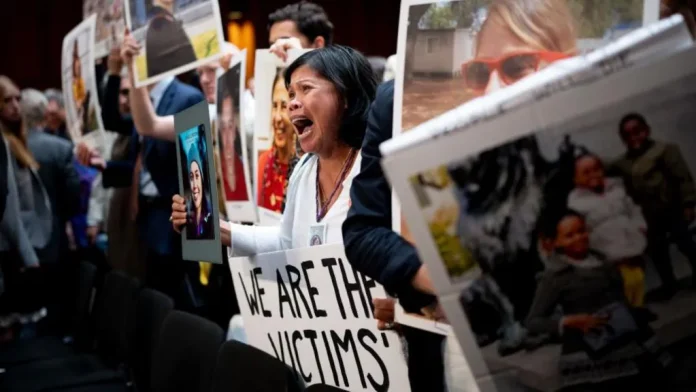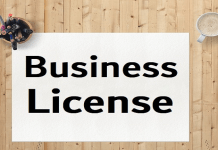Boeing has reached an agreement to plead guilty to a criminal fraud conspiracy charge following an investigation by the US Department of Justice (DoJ) into its conduct following two fatal crashes involving its 737 Max planes that resulted in the deaths of 346 people. As part of the settlement, Boeing will pay a substantial criminal fine of $243.6 million (£190 million).
The DoJ’s charges stem from allegations that Boeing violated a 2021 agreement intended to reform its operations and regulatory compliance after the crashes. Critics, including families of the crash victims, have criticized the settlement as a “sweetheart deal,” arguing it allows Boeing to avoid a full reckoning for the loss of life.
By pleading guilty, Boeing sidesteps a potentially damaging criminal trial, a move that has disappointed families seeking accountability through the legal system. The crashes in 2018 and 2019 involving the 737 Max planes led to a worldwide grounding of the aircraft, shaking Boeing’s reputation and prompting intense scrutiny of its safety protocols.
The DoJ accused Boeing of deceiving the Federal Aviation Administration (FAA) about its Maneuvering Characteristics Augmentation System (MCAS), a flight control system implicated in both crashes. The 2021 agreement spared Boeing from prosecution if it paid a penalty and adhered to an enhanced monitoring and reporting period.
Now, before this monitoring period concluded in January, a Boeing aircraft operated by Alaska Airlines experienced an incident where a door panel blew out shortly after take-off, raising doubts about Boeing’s progress in improving safety measures.
The DoJ subsequently found Boeing had violated the terms of the agreement, prompting renewed scrutiny and discussions about potential prosecution. Boeing’s decision to plead guilty now means the company, a major US military contractor and one of the world’s top commercial jet manufacturers, carries a criminal record, a significant stain on its reputation.
The implications of this criminal record for Boeing’s government contracting business remain unclear. Typically, firms with criminal records face restrictions or suspensions from government bids, although waivers can be granted under certain circumstances.
Despite the financial penalties and guilty plea, critics argue that the settlement falls short of delivering justice for the victims and their families. Paul Cassell, an attorney representing some crash victims’ families, has called for a more substantial financial penalty, suggesting a figure exceeding $24 billion would be more appropriate given the scale of the tragedy.
Executive Director of the Foundation for Aviation Safety and a former Boeing senior manager, echoed these sentiments, labeling the plea deal as deeply disappointing and a missed opportunity for justice. He criticized the agreement for failing to hold individual executives accountable, characterizing it as a “get out of jail free card” for corporate misconduct.
The families of those killed in the Lion Air and Ethiopian Airlines crashes have been vocal advocates for holding Boeing accountable through legal means. The Lion Air crash in late October 2018 claimed 189 lives, while the Ethiopian Airlines crash in early 2019 resulted in 157 fatalities. The families have expressed frustration over the lack of consultation regarding the terms of the settlement and have consistently pushed for Boeing to face a full trial.
A former Boeing technical pilot, previously faced criminal charges related to the crashes but was acquitted by a jury in 2022. His defense argued he was unfairly singled out as a scapegoat for broader corporate failings.
Legal experts like Mark Cohen, a professor emeritus at Vanderbilt University specializing in corporate punishments, note that prosecutors often prefer plea deals or deferred prosecution agreements for their efficiency and ability to impose stringent conditions on companies. These agreements allow prosecutors to avoid the uncertainties and costs associated with trials while exerting substantial control over corporate behavior.
Troubles with the MCAS system were not the company’s first legal entanglements. Since 2015, Boeing has paid significant fines to the FAA to settle claims of manufacturing irregularities and other violations. Ongoing investigations and lawsuits stemming from the Alaska Airlines incident in January continue to pose additional challenges for the aerospace giant.
Boeing must navigate the fallout from its criminal conviction, balancing its commitments to safety and regulatory compliance with its commercial imperatives. The company’s response to these challenges will be closely watched by stakeholders, including government regulators, investors, and the traveling public, as it strives to restore trust and credibility in its operations.























